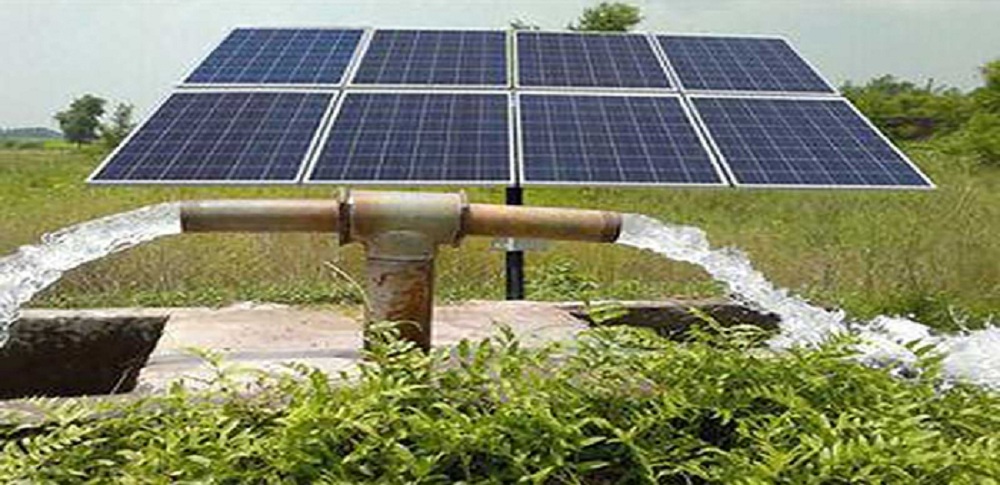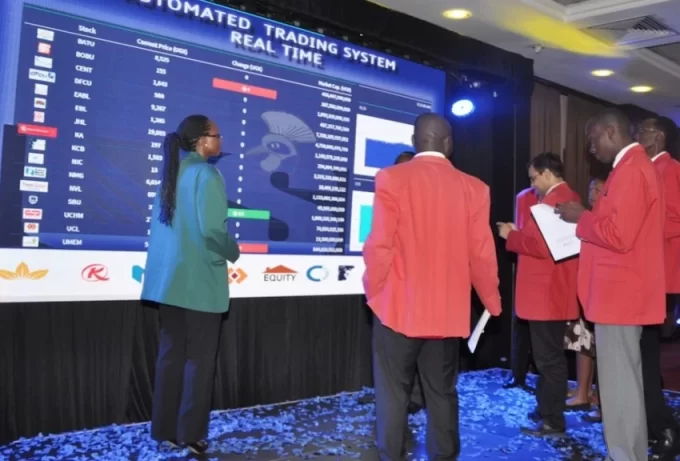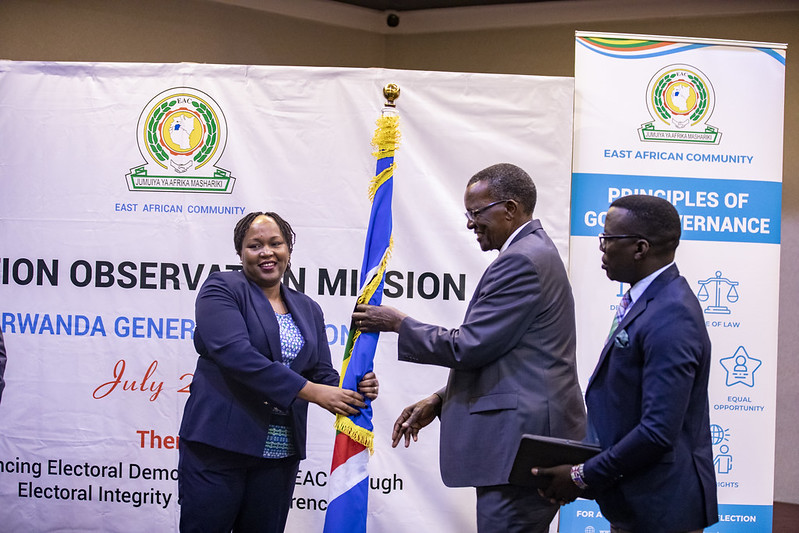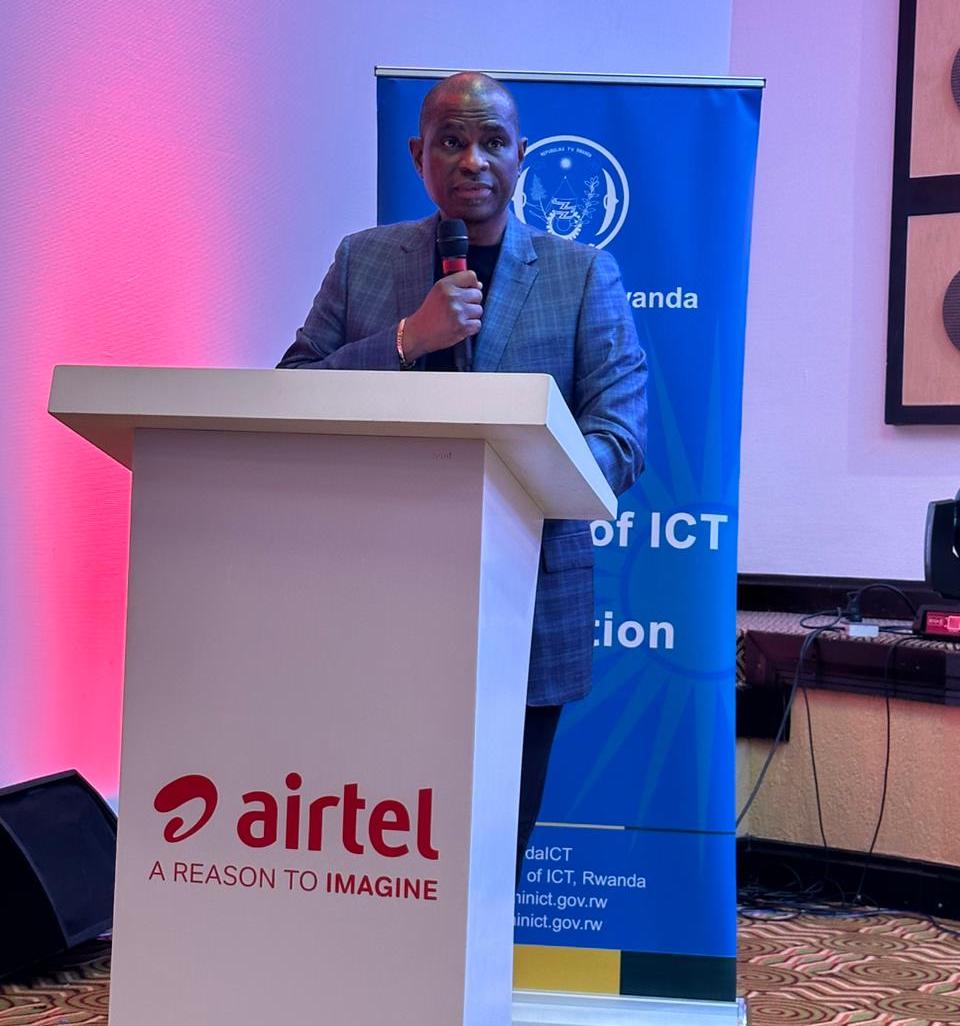The OPEC Fund for International Development (OFID) has approved a Ksh 103 million (US$1 million) grant for Energy 4 Impact to develop the small scale solar irrigation market in Rwanda.
The project will initially target an estimated 3,000 smallholder farmers, organised into farmer groups and cooperatives, through the introduction of specialist financing facilities and other market development activities, such as product and technology awareness.
Solar powered irrigation technologies are a renewable energy-based option and have been proven to be very effective. The project will seek to support Rwanda’s smallholder farmers in adopting small scale
solar irrigation, as well as working with local banks to implement financing schemes for farmers.
Currently, 63% of Rwandans live on incomes of less than US$1.25 a day and half of the population has food access problems. While 79% are employed in agriculture, which accounts for 31% of the country’s GDP, only a tiny proportion of farmers have irrigation. This impacts prosperity. Depending on the crop mix, yield improvements from irrigation can increase a typical smallholder’s income by US$200-300 a year. It also increases climate change resilience. Poor smallholders reliant on rain only are threatened by
increasingly common droughts and dry spells.
Ben Good, CEO of Energy 4 Impact commented: “The lack of penetration of small scale solar irrigation is both a challenge and an opportunity. The development of the market is held back by farmers’ lack of awareness, non-affordability of the high upfront cost, minimal sales/distribution presence of suppliers and poor availability of agricultural finance. This project will seek to build a sustainable market by effectively addressing each of these stumbling blocks.”
The overall project objective is to support 13,000 farmers over five years with access to solar irrigation systems, resulting in improved productivity and increased income benefiting their family members
representing 65,000 people. The Energy 4 Impact team has completed a detailed design of the project generously supported by the Swedish International Development Cooperation Agency (Sida).
READ: Mobile money deals hit Sh3.4tr in 11 months last year
This will now be implemented in three phases: 1) a three month project mobilization phase; 2) an initial implementation phase for two years, addressing the findings and recommendations of the design phase, targeting 3,000 farmers, of whom 50% will be women, and 3) a scale-up phase that will depend on the success and lessons of the previous phase, in which an additional 10,000 farmers will be targeted. Energy 4 Impact is currently seeking additional funding partners, both to complete the delivery of the initial implementation phase and for the scale-up phase.
The project will be implemented in Rwanda in over eight districts in the Eastern and Southern parts of the country. The districts include Bugesera, Kirehe, Nyagatare, Ngoma, and Gatsibo in the East; and Gisagara, Kamonyi and Muhanga in the South.













Leave a comment